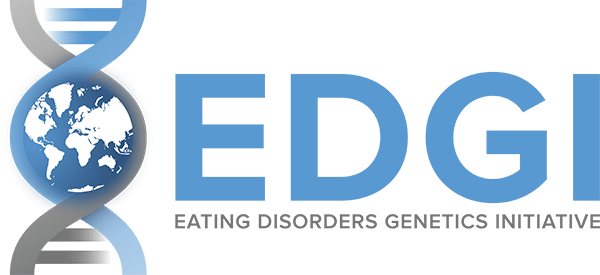Call for increased awareness of eating disorder prevalence in high-performance sport

The Australian Institute of Sport (AIS) has this week (Monday, September 7) announced a partnership with the National Eating Disorders Collaboration (NEDC) to call for increased awareness of the prevalence of eating disorders in high-performance sport.
The two peak bodies have issued a joint position statement and supporting resources comprising a toolkit for sporting organisations to better understand the signs and symptoms of eating disorders and improve their ability to provide help to athletes.
AIS and NEDC are recommending each sport to develop its own sport-specific disordered eating policy.
While eating disorders can affect anyone, from any gender, or cultural background, athletes are more at risk for disordered eating, particularly if they believe it is possible to enhance their sports performance through weight regulation.
Aesthetic sports which focus on appearance, such as figure skating, dancing, diving, gymnastics and endurance sports which focus on individual performance, rather than the entire team, for example track and field, cycling and swimming, are also associated with an increased risk of eating disorders.
While high levels of exercise have been identified as a potential risk factor for eating disorders, sport may be also serve as a protective factor against body dissatisfaction and the development of an eating disorder.
An eating disorder is a complex mental illness that for some, can lead to severe and permanent physical complications, and even death.
Approximately one-in-20 Australians, and an estimated four to seven per cent of the Australian adult population, are living with an eating disorder.
The prevalence of eating disorders appears to be on the rise, with a two-fold increase in the prevalence of disordered eating behaviour observed in Australian communities over 10 years.
Many factors influence eating disorders, including genetics, developmental transitions (including puberty, childbirth, and menopause), thinking styles (such as perfectionism), body dissatisfaction, and sociocultural pressures to be thin.
According to Geneticist and Head of the Genetic Epidemiology Research Group, QIMR Berghofer Medical Research Institute, Professor Nick Martin, any measures put into place to better support the eating disorders community are another step in the right direction.
Prof Martin is the Lead Investigator for the Australian arm of the Eating Disorders Genetics Initiative (EDGI), the ground-breaking genome wide association study (GWAS) aimed at identifying the hundreds of genes that influence a person’s risk of developing anorexia nervosa, bulimia nervosa and binge-eating disorder, to improve treatment, and ultimately, save lives.
To learn more about eating disorders, visit www.edgi.org.au or head to www.nedc.com.au.
News
Participant Stories
Sorry, we couldn't find any posts. Please try a different search.





